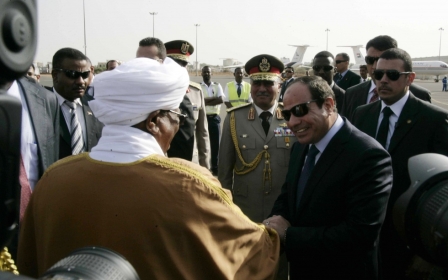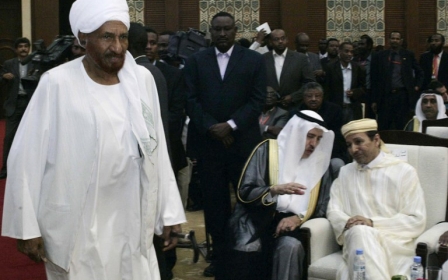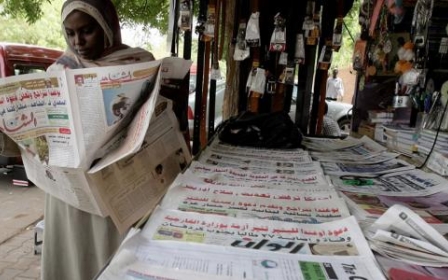Sudan police quash opposition protest

Sudanese police on Sunday prevented dozens of opposition activists from staging a protest to call for the release of political detainees, an opposition activist said.
The protesters gathered outside the office of the government-run human rights watchdog in capital Khartoum.
"Police forces heavily deployed around the human rights commission's offices prevented the supporters of the opposition parties from assembling," Bakri Youssef, a spokesman for the opposition Sudanese Congress Party, told Anadolu Agency.
Youssef said that the leaders of the opposition parties were also denied entry to the commission to deliver a memo calling for the release of all political detainees.
Sudanese Congress Party leader Ibrahim al-Sheikh was arrested in June against the background of his criticism of security agencies, which he had earlier blamed for a surge in violence in the country's troubled Darfur region.
At least 10 party members were later arrested for partaking in protests calling for his release.
Sudanese authorities also recently arrested the daughter of Sudanese opposition leader Sadek al-Mahdi upon her return from Paris where she had met – along with her father – with leaders of several Sudanese militant groups.
Mahdi, leader of Sudan's opposition Umma Party, was pardoned by President Omar al-Bashir in June after being arrested in mid-May on charges of defaming the country's security and intelligence agencies.
Sudan remains plagued by rift and conflict between the army and various rebel movements – especially in the country's restive southern and western regions – and a deteriorating economy.
What initially seemed to be a popular uprising against long-serving Bashir in some of the country's states last year was immediately and brutally quashed by the authorities.
In January, Bashir invited the nation's political forces to engage in national dialogue.
The invitation, however, ultimately led to greater political polarisation with several opposition parties pulling out from the dialogue, citing lack of seriousness.
New MEE newsletter: Jerusalem Dispatch
Sign up to get the latest insights and analysis on Israel-Palestine, alongside Turkey Unpacked and other MEE newsletters
Middle East Eye delivers independent and unrivalled coverage and analysis of the Middle East, North Africa and beyond. To learn more about republishing this content and the associated fees, please fill out this form. More about MEE can be found here.




